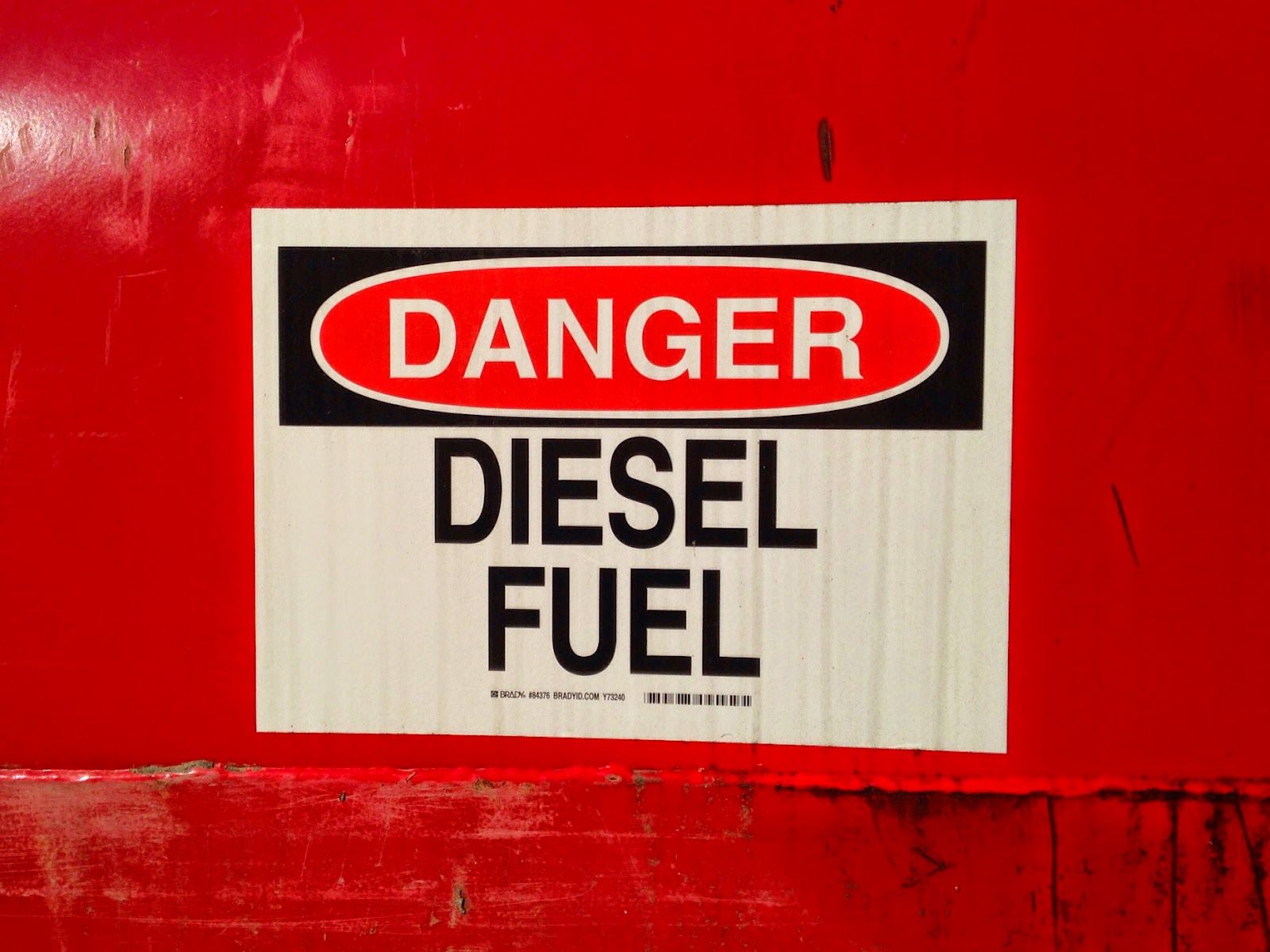Danger diesel
Diesel: outdated and dirty, or a model for excellent fuel-efficiency in a more environmentally conscious world? When I was a child, my father the engineer and car enthusiast, would stress to me how diesel pumped out harmful sulphur-based fumes. When I became older and the costs of owning a car were factored into my lifestyle, the modern “ultra-low-sulphur” diesel engines were attractive thanks to better bang-for-your-buck, and, for the benefit of my conscience, lower CO2 emissions than petrol.
Car makers have seen some sense in this too. In recent years, Australia has been increasingly following European Union emission regulations, and we have witnessed some car models like the Ford Territory replace their larger petrol engines with smaller diesel ones.
What do we do then, when Europe decides to ban diesel? Authorities in the UK and France are beginning a push to curb and eventually get diesel cars off the road in the name of other pollutants like Nitrogen oxides and various carcinogens. Anne Hidalgo, the mayor of Paris wants diesel cars out of the city, with a plan to become more friendly to pedestrians and cycling-dominated instead. Boris Johnson, the famed mayor of London, similarly has plans to halve pollution and introduce hybrid buses, and zero-emission taxis.
What this means for their cities is a shift away from personal motor vehicles to public and active transport. The byproducts of more active citizens and less-congested roads could even be beneficial for the economy thanks to fewer lost hours from poor health or being late to work.
What would our cities look and feel like with such changes? We (perhaps) no longer have an East-West tunnel to think about here in Melbourne, so would that investment be better placed where Paris and London have put theirs? We have followed Europe on vehicular emissions so far… will we keep doing so?
Read more: http://www.bbc.com/news/science-environment-30381223
Car makers have seen some sense in this too. In recent years, Australia has been increasingly following European Union emission regulations, and we have witnessed some car models like the Ford Territory replace their larger petrol engines with smaller diesel ones.
 |
| Image credit: http://upload.wikimedia.org/wikipedia/commons/7/79/Danger_Diesel_Fuel.JPG |
What do we do then, when Europe decides to ban diesel? Authorities in the UK and France are beginning a push to curb and eventually get diesel cars off the road in the name of other pollutants like Nitrogen oxides and various carcinogens. Anne Hidalgo, the mayor of Paris wants diesel cars out of the city, with a plan to become more friendly to pedestrians and cycling-dominated instead. Boris Johnson, the famed mayor of London, similarly has plans to halve pollution and introduce hybrid buses, and zero-emission taxis.
What this means for their cities is a shift away from personal motor vehicles to public and active transport. The byproducts of more active citizens and less-congested roads could even be beneficial for the economy thanks to fewer lost hours from poor health or being late to work.
What would our cities look and feel like with such changes? We (perhaps) no longer have an East-West tunnel to think about here in Melbourne, so would that investment be better placed where Paris and London have put theirs? We have followed Europe on vehicular emissions so far… will we keep doing so?
Read more: http://www.bbc.com/news/science-environment-30381223
Banner image credit: designspiration.net


Comments
Post a Comment